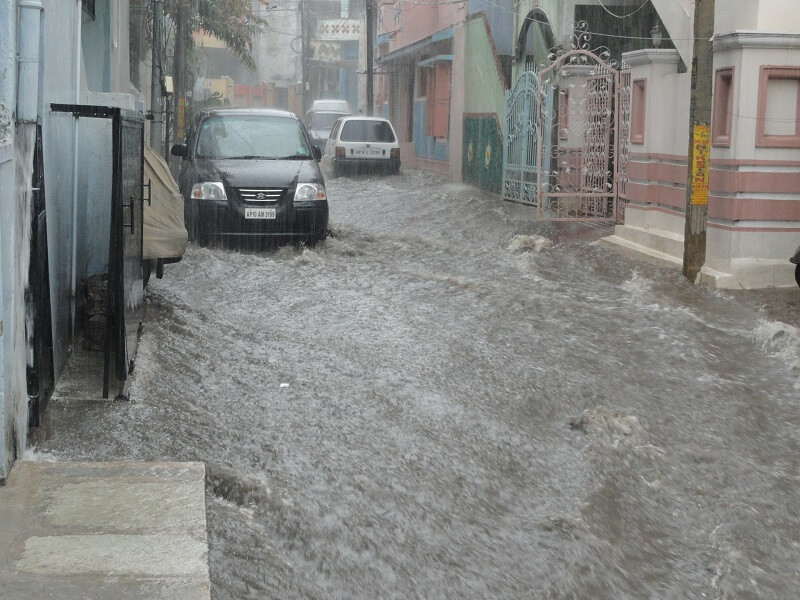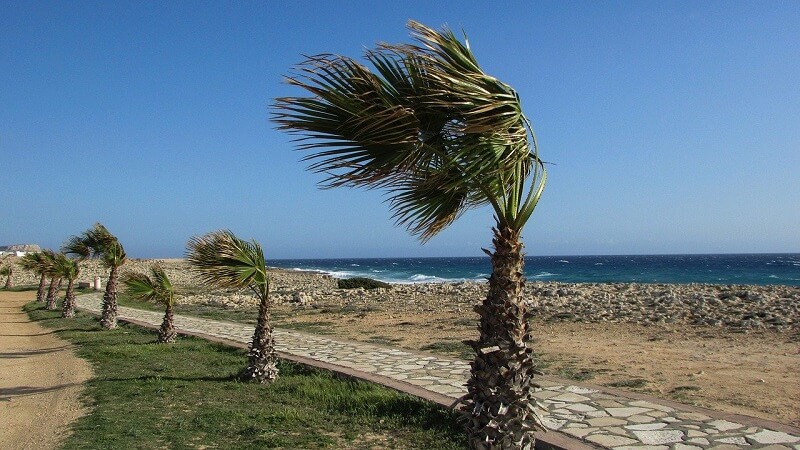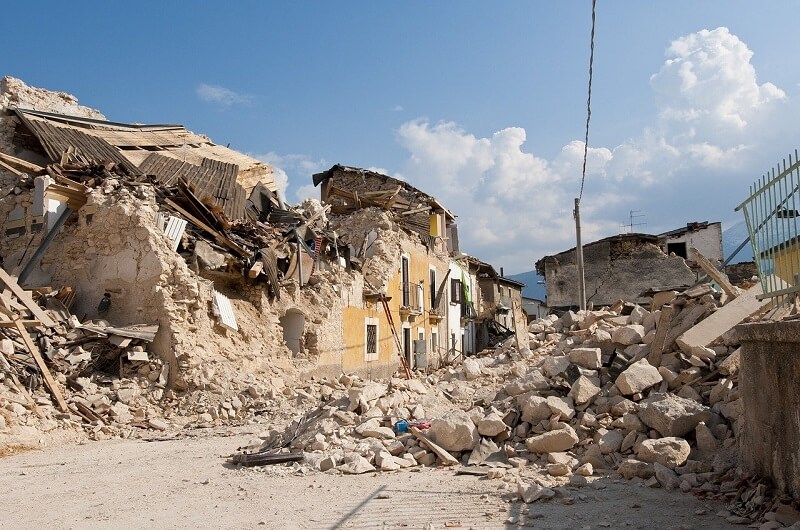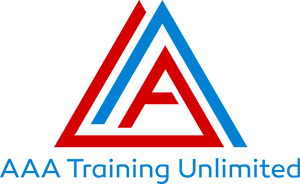If you reside in Colorado, the District of Columbia, Illinois, Iowa, Kansas, Maryland, Massachusetts, Missouri, Nebraska, New Jersey, North Dakota, Ohio, Pennsylvania, South Dakota, Tennessee, Virginia, and Wisconsin, your best option is to obtain a Texas Adjuster License. Please check this information with the state licensing agency as requirements can change.
With this license, you can handle storm damage to property, automobile claims including property damage & bodily injury, slip-and-fall injuries and just about any other type of claim.
However......
There are some claims which require an additional certification, and it might be the type of adjuster that is in demand. So after you get your adjuster license, you may also want to get certified to handle the types of claims listed below.
Flood Claims
To handle flood claims, one must also have a flood certificate from FEMA (fema.gov). FEMA includes the National Flood Insurance Program. Flood policies may be issued by FEMA or they may be issued by standard insurance companies but with FEMA language and backing. "Flood claim" does not include water damages from a broken pipe in a structure. Flood policies cover rising water from a natural source and you need a flood certificate to handle it.


Coastal Wind Claims
You can handle a wind claim in most states with this license. However, you may have to have a special "wind & hail" certificate from the state to handle claims in that state. In Texas, coastal wind & hail coverage is provided and overseen by a state agency called TWIA (Texas Wind Insurance Association). In other coastal states, the coastal wind & hail coverage is offered by a similar entity called Citizens Insurance.
Crop Insurance Claims
You can not handle claims to growing crops. That type of claim requires a Crop Adjuster Certification/License. Getting the certificate requires about a few days in class and an apprenticeship with the company who hires you. The best way to learn about crop adjusting is to search the Internet.


Earthquake
You will need an earthquake certificate and your adjuster license to handle this type of claim. Earthquake classes are held several times a year as live classes and online.
1. Obtain your adjusters license.
2. Get carrier certified (State Farm, Allstate, Liberty, USAA, etc). These classes are
normally free or have a very low cost.
3. Apply with one or several claims contractors.
4. Go to an Xactimate (property) and/or Mitchell/Audatex (auto) training course. This is
where you will learn how to use the adjusting software.
5. Attend a basic property adjusting course and/or a basic auto adjusting course
through one of the claims contractors (Worley, Eberls, Wardlaw, Pilot, etc). Even
though our courses are a great learning experience, it is our opinion that your money
is best spent learning how to adjust losses from the company that hires you. Some
claims companies will want you to take their basic property and/or basic auto
course from them before deploying you.
States currently known to us as states that reciprocate with Texas:
Alaska
Arkansas
Connecticut
Delaware
Georgia
Idaho
Indiana
Kentucky
Maine
Massachusetts
Michigan
Minnesota
Montana
Nevada
New Hampshire
New Mexico
Oklahoma
Oregon
Rhode Island
South Carolina
Vermont
Washington
West Virginia
Wyoming
You may also adjust losses in the states that do not require an adjuster license as well as the states listed above.
There are three Texas adjuster licenses, but there are dozens of types of adjusters. They are:
1. Property & Casualty can handle any claim except workers compensation
2. All Lines can handle any claim
3. Workers Compensation Only
Adjusters who hold our Property Casualty Adjuster License and work only catastrophic losses (declared as such by the appropriate authority) would be referred to as catastrophe adjusters. Adjusters who work year round routine assignments like auto accidents, slip-and-fall, house fires, medical professional liability and water leaks, etc, are licensed the same way and likely work on the staff of one particular insurance company or one independent claim company.
